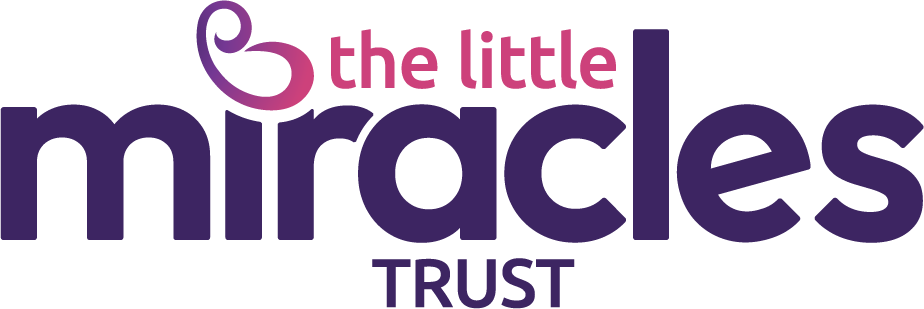The Little Miracles Trust is proud to work alongside the clinical and research teams who deliver expert support to the 5,000+ babies cared for in neonatal units in New Zealand every year. Working with them, we can:
- help to get a ‘patient voice’ and direct feedback from those who have been on a neonatal journey
- assist researchers to get participants for their various studies (for example, going to our audience to help meet a certain need: “We’ve helped to recruit research participants who were babies born 26 to 32 weeks gestation, who are now aged between 8 – 10 years”)
With this in mind, we are currently contributing to a neonatal care working group. The objectives of this are to:
- better understand the information given to parents of very early babies, and what was of most value
- identify any improvement opportunites
- ensure consistency of approach and messaging across all New Zealand neonatal units
To assist this particular working group, we are looking for parents of babies born 23 to 26 weeks gestation to complete a short survey.
You can complete the survey here.
*** Help spread the word ***
If you don’t fit the criteria yourself, can you please help spread the word and raise awareness of this survey. The more parents of babies born 23 to 26 weeks gestation we can find, the more robust the feedback will be. Please share the details with those you know who had a very early baby and also groups and networks that can help us reach them.
 This survey is a good example of involving patients in research and the enhancement of the care of neonatal babies.
This survey is a good example of involving patients in research and the enhancement of the care of neonatal babies.
At the start of November, The Little Miracles Trust was one of many organisations worldwide to endorse a joint position paper on the “Involvement of parent representatives in neonatal research”. This was launched by The European Foundation for the Care of Newborn Infants (EFCNI) at the jENS congress in Venice on Friday afternoon, 3 November 2017.
The paper is available for reading and/or download here.
EFCNI stated:
In the past, research used to be on patients and not with patients: scientists used to determine and set-up their projects with focus on scientific relevance rather than on the patient’s perspective.
At the moment we are in a period of transition from scientific expert-driven projects that consider patients as “source of data” towards science-patient partnerships with patients as true collaborators. In order to optimise this partnership, our aim was to identify and overcome the existing gaps and by providing guidance for structured and meaningful involvement of parent representatives in research projects.
We also sincerely thank the EFCNI Parent Advisory Board for their commitment and time spent in working on the Position Paper.


